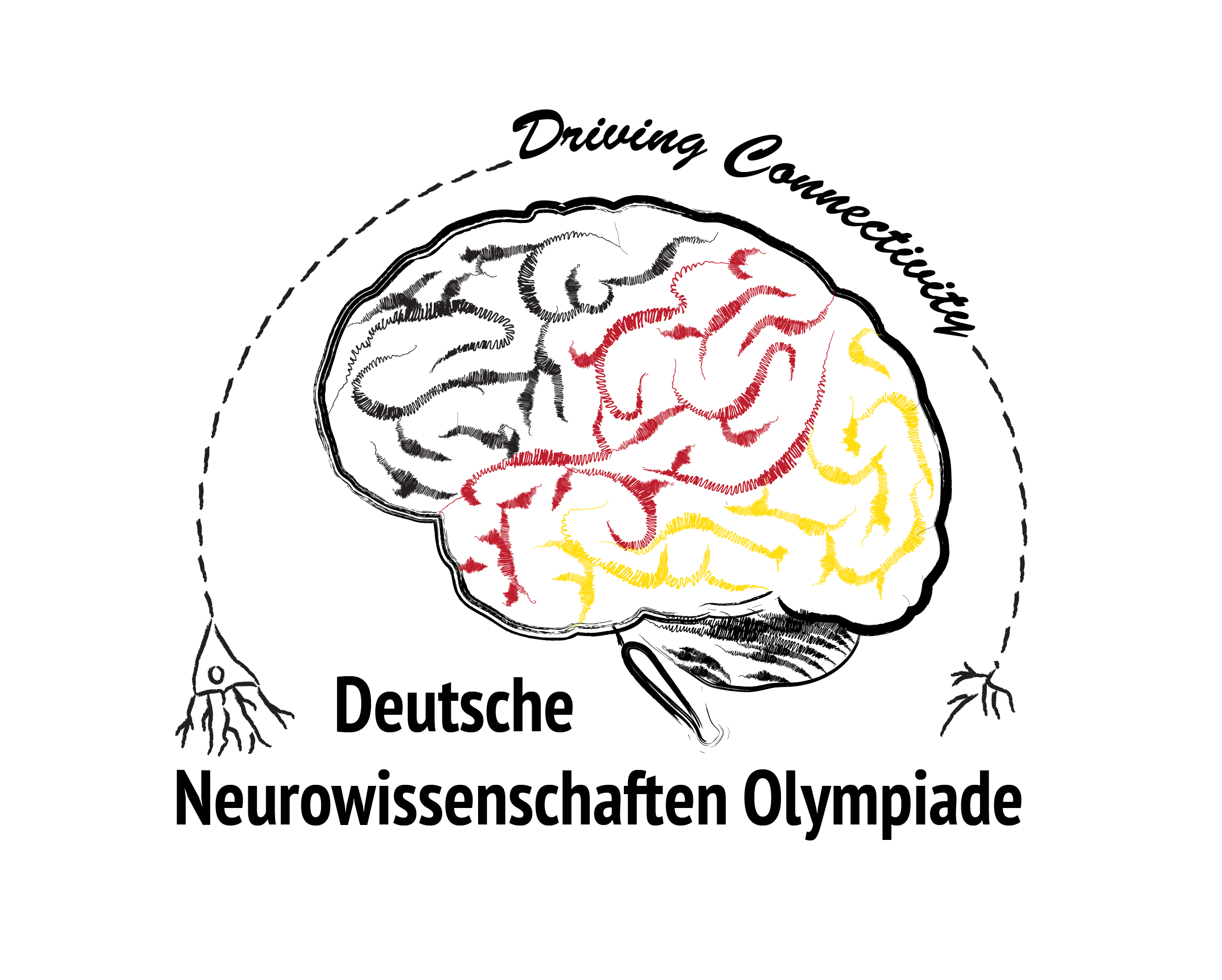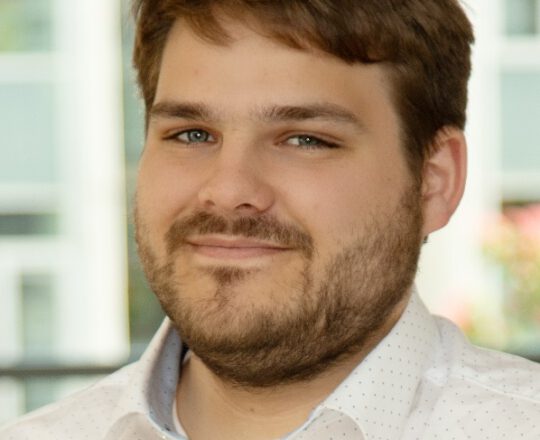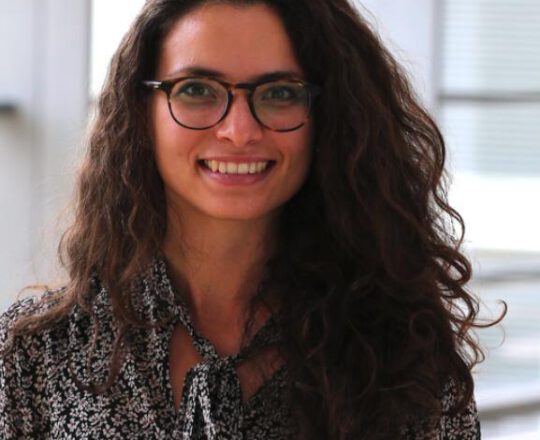Frankfurt– An international interdisciplinary research center

Frankfurt is unlike any other German City. With glinting with glass, steel and concrete skyscrapers, This city is the high powered hub for business, finance, art, and culture. It is the home of the new headquarters of the European Central Brank and famous for its world-class international trade fairs. However, at it’s heart, Frankfurt is a charming city with traditional half-timbered village-like neighborhoods, beautiful parks and gardens, and wide range of cafes and restaurants. Frankfurt has an excellent selection of museums and restaurants, second only to Berlin. Frankfurt is also home to Germany’s top departments and institutes, including the Faculties of Medicine, Biological Sciences, Psychology and Sport Science, Chemical and Pharmaceutical Science, Mathematics and Physics, as well as to the Max Planck Institute for Brain Research, the Max-Planck-Institute for Biophysics, the Frankfurt Institute for Advanced Studies (FIAS) and the Ernst-Strüngmann-Institute (ESI). As a result, Frankfurt represents a robustly active, collaborative, interdisciplinary neuroscience community ranging in scope from experimental research in medicine and biology to neuropsychology and clinical as well as theoretical neuroscience.
Connect -Join- Participate
We want to meet you! Contact us today to learn more about how we support our local neuroscience community.
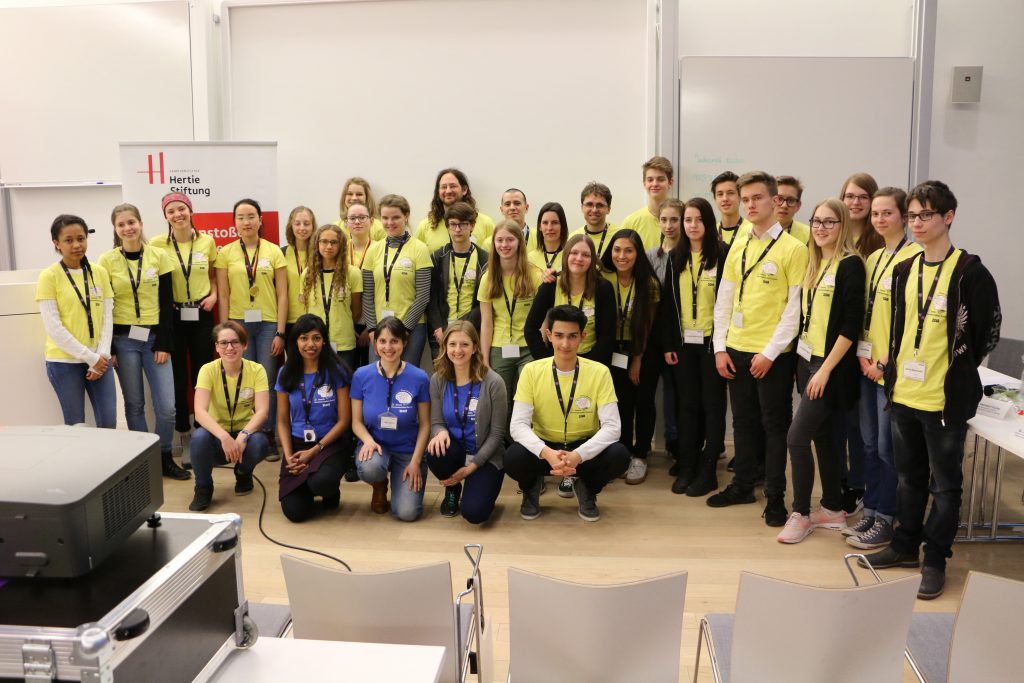
Team Members
Pierre Ekelmans
Teresa Spanò
Dr. Ina K. Simeonova
Sandra Nungeß
Maureen Jacob
Marvin Henrich
Tatjana Schmidt
Alicia Strosche
Eleanor Vail
Nicklas Riebsamen
Christoph Miehl
Sigrid Trägenap
Danylo Batulin
Jonas Kaden
Dr. Tijana Radic
Dilara Soydas
Natalie Reininger
Sebastian Lobentanzer
Johanna Vogenstahl
David Hain
Dr. Michaela Muller
Dr. Chao Sun
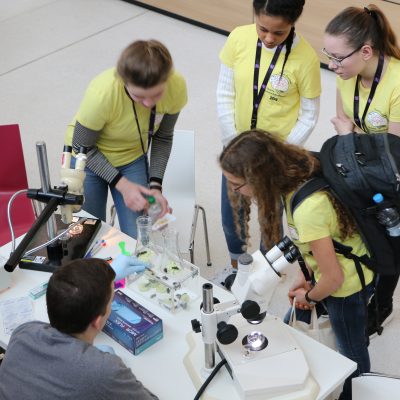
Very large and advanced neuroscience and translational research centers in Bonn are “Caesar”, “LIFE & BRAIN” and “DZNE”. Caesar’s research focuses on topics of cellular signal processing and neural foundations of behavior and it is associated with the Max Planck Society. Combining expertise in genomics, transgenics, cellomics and cognitive neuroscience, LIFE & BRAIN represents a center of excellence in the field of translational biomedicine. DZNE is focused on translational neurodegenerative research, exploring diseases of the nervous system, such as Alzheimer or Chorea Huntington, to develop new strategies for prevention, treatment and care. Since 2016 its new building is located in the clinical campus of the University of Bonn and will host the DNO event in 2018. All of them offer a huge variety of post-graduate programs and research positions.
DNO 2023
This year we will have all competitions in person!
The regionals will be taking place in Berlin, Bonn and Heidelberg on the the 4th of March 2023.
Make sure to register to the nearest location by February 25th.
But don’t wait for the last minute, so you receive study material early 😉
Then if you make it through the regionals, we are looking forward to seeing you in Frankfurt am Main for the National competition on the 29th of April 2023.
Good luck!
In 2022, although the regional competition took place online, Frankfurt hosted the national competition which was in-person for the first time since 2019! The regional was on the 12th of March 2022 The national was on the 21st of May 2022
Just like last year, the 2021 neuroscience olympiads will be held online
There are two rounds: the selection round and the final round (or regional and national).
- The selection will take place on the 24th of April. Registrations are open until the 17th of April.
- The final round will take place on the 29th of May. Participation to the final is limited and conditioned by your results during the selection round.
The winner of the competition will participate at the international neuroscience competition, International Brain Bee, later this year. Best of luck!
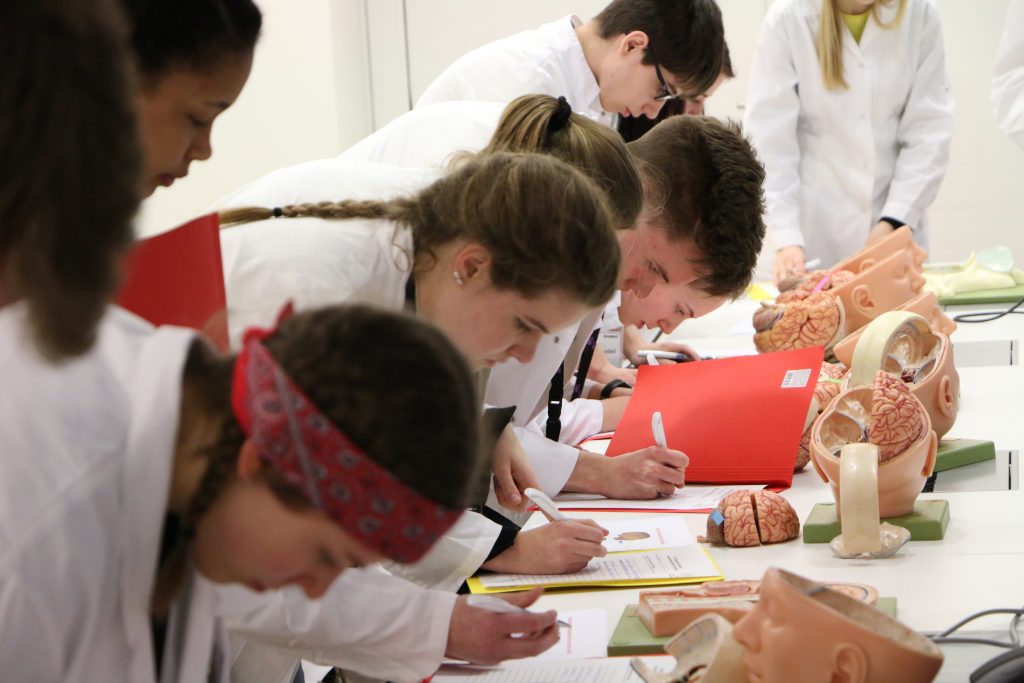
German National Neuroscience Olympiad – May 16th, 2020
Got through Regionals and are ready to take on our 2020 National Neuroscience Olympiad? click here to access our study guide and additional learning material.
Event Details
Watch out! Event details will be published soon!
Address
Max-Planck Institute for Brain Research Max-von-Laue-Str. 4 60438 Frankfurt am Main
Travel Directions
By public transport: Take the U-Bahn from Frankfurt Central Station to “Willy-Brandt Platz” (U4 to “Enkheim” or U5 to “Preungesheim”). From “Willy-Brandt Platz” U8 (direction “Riedberg”) will take you to the Riedberg Campus. Please get off at the stop “Uni Campus Riedberg” and go to the right. You will walk straight to the new building of Max-Planck Institute for Brain Research.
By car: Campus Riedberg is located in the north of Frankfurt and is close to the “Bad Homburger Kreuz” of the motorway A5. From the “Bad Homburger Kreuz” please take the A661 in the direction of Offenbach (NOT Bad Homburg). Take the second exit (“Heddernheim”) and you will drive on the “Marie-Curie-Straße”. Please take a right turn to the “Altenhöfer Allee” at the (second) traffic lights (follow the sign Riedberg). Please go left at the roundabout to the “Max-von-Laue-Straße”. The institute is situated on your right-hand side.
Local Sponsors and Partners
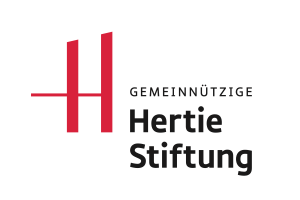
“The Hertie Foundation carries on the life’s work of its founder, Georg Karg. In order to perpetuate his plans, the board of the Hertie Family Foundation implemented an idea initiated by Karg’s children and heirs and established the “Non-profit Hertie Foundation for the Promotion of Science, Education, General and Vocational Education” in 1974. Our funding areas are set out in the Foundation’s constitution: neuroscience, democracy training and European integration. In the area of neuroscience, the Hertie Foundation promotes research and dialogue on the subject of the brain and combatting brain disease. The Hertie Foundation is the biggest private funding body supporting brain research in Germany, and the third largest in Europe.”
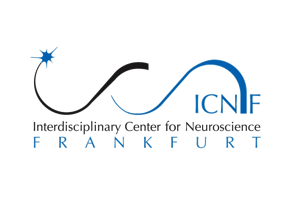
The Interdisciplinary Center for Neuroscience in Frankfurt (ICNF) represents a consortium of over 50 research groups. The general purpose of the ICNF is the promotion of neurosciences in Frankfurt, with the goal of leading neuroscientific research and education in Frankfurt towards scientific excellence.
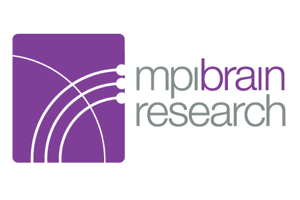
The Max Planck Institute for Brain Research is located on the Riedberg Campus in Frankfurt am Main. The institute’s location is at the heart of the Natural Sciences Campus of Goethe University, positioned across the street from the Max Planck Institute of Biophysics, and next-door to the Frankfurt Institute of Advanced Studies and the University’s Biology, Chemistry and Physics Departments. Therefore, due to it’s location, the institute is apart of highly active and collaborative interdisciplinary research environment. The scientific focus of the institute is on multiple levels of neural circuits, from networks of interacting parts-molecules in a neuron, to neurons in a local circuit, to circuit-to-circuit communication. As a new research center itself, the Max Planck Institute for Brain Research officially opened in May 2014 and features state-of-the- art core facilities for imaging, proteomics and scientific computing as well as the Institute’s Teaching Lab.
